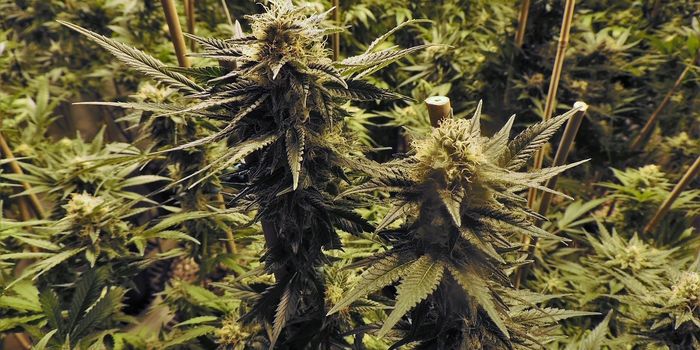Weed and Liver Disease: Where Does the Science Stand?
Cirrhosis accounts for 31,000 deaths per year. Approximately 3.5 to 4.6 million people in the U.S. are chronically infected with the hepatitis C virus. About 2,000 people die of hepatitis C annually in the U.S. Hepatitis B kills approximately 2,000 people in the U.S. annually, and 85,000 to 2.2 million people in the U.S. are infected with the virus. Though the etiology of these diseases may differ (virus, alcohol abuse, etc.), we still have yet to find a cure for cirrhosis, of which over 633,000 U.S. adults live with today.
Photo source: UnSplash.com
In the early nineties, the endocannabinoid system (ECS) was discovered. It was proof that we produced cannabis-like chemicals within our bodies. As research continued, it was found that the ECS was integrated with many other biological systems. It is heavily integrated with the immune system and even in our cutaneous system (i.e. our skin). It also communicates with our organs, such as the liver.
Thus, researchers believe that the ECS has a role in liver function, and that could lead to possibly more effective treatments for those with liver disease. Several clinical studies performed in the past decade has given us information that we can possibly use in the clinic. For example, cannabis use has been found to decrease the prevalence of non-alcoholic fatty liver disease, while another found a negative correlation between marijuana use and nonalcoholic fatty liver disease.
Another piece of evidence that may link marijuana consumption with decreased rates and liver disease comes from a study published in 2013, which found that marijuana smoking does not accelerate the progression of liver disease in patients with coinfection of HIV and Hepatitis C. Finally, a meta-analysis was published in 2018 wherein the authors' overall conclusions which, not only supported the findings reported in the aforementioned study regarding a decrease in rates of cirrhosis, but also found no harmful effects.
Photo source: UnSplash.com
The science on the putative effects of marijuana on hepatitis B is a bit slimmer. However, there is a possible chance that cannabidiol (CBD) may be beneficial to patients with the disease. As for cirrhosis caused by years of drinking alcohol, marijuana still may be able to at least decrease the progression of the disease. And it goes both ways. Chronic marijuana use has no correlation with an impaired liver function. Data arguing for a harmful effect of marijuana are, surprisingly, very weak.
Another issue arises when talking about medical conditions of the liver. Many transplant centers will not list patients who use or have used marijuana. This may be due to the fact that negative outcomes of smoking tobacco are well-established in transplant recipients. Yet the very few studies that do exist which look at cannabis use in donors and transplant outcomes have found no adverse effects of marijuana use.
So it would appear that cannabis use can either be beneficial or harmless on the liver in patients with liver disease. Remember, however, that there is still a lot of research to be done if we can definitively say this. But there does seem to lie a lot of potential for the use of cannabinoids, natural or synthetic, in treating different types of diseases of the liver.
Sources: Johns Hopkins Medicine, MedicalNewsToday.com, European Journal of Pharmacology, Handbook of Experimental Pharmacology Molecules, Toxicology and Applied Pharmacology, PLOSOne, Clinical Infectious Diseases, Canadian Journal of Gastroenterology and Hepatology, Liver International, Journal of Psychoactive Drugs, European Journal of Gastroenterology and Hepatology, Liver Transplantation, Transplantation










